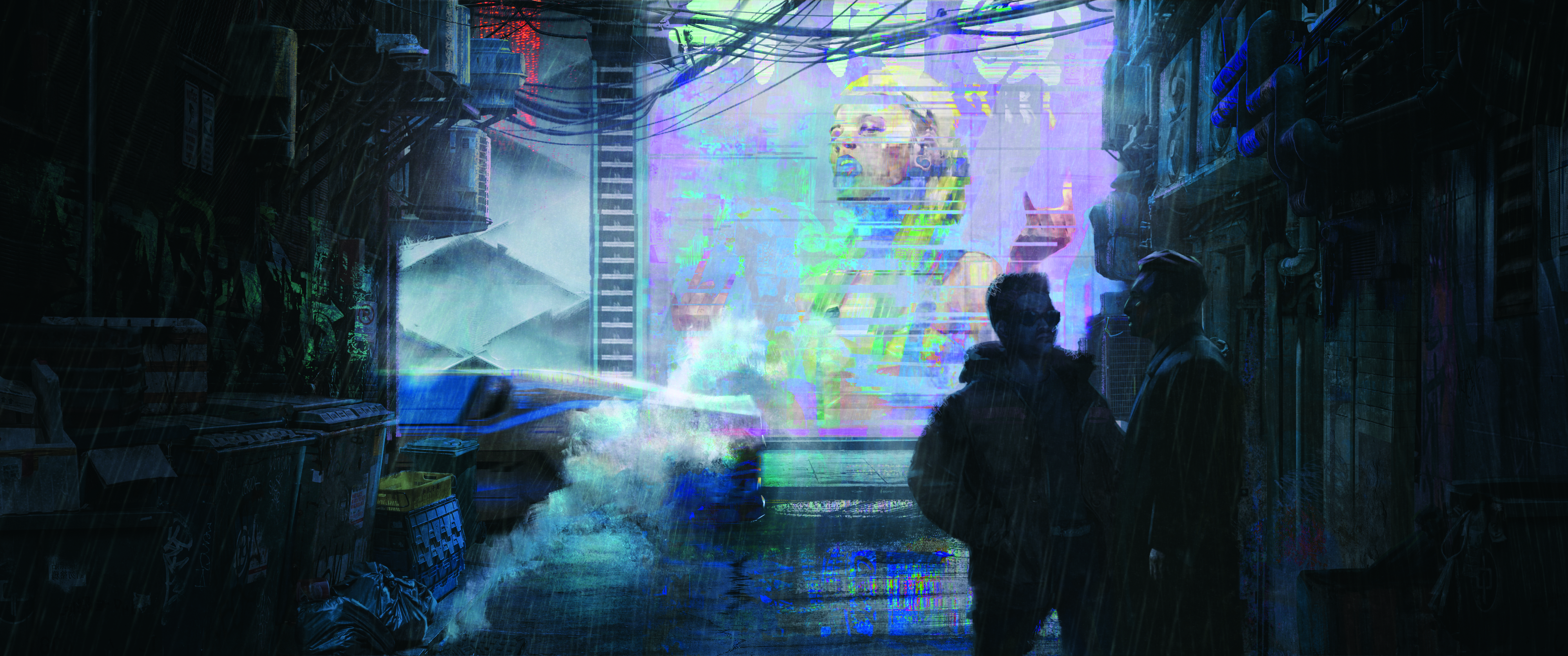Framestore's William Sargent on putting passion into VFX
The head of the VFX house that made Gravity discusses his unusual career path, as part of our continuing series of articles sponsored by HP.
Sign up to Creative Bloq's daily newsletter, which brings you the latest news and inspiration from the worlds of art, design and technology.
You are now subscribed
Your newsletter sign-up was successful
Want to add more newsletters?

Five times a week
CreativeBloq
Sign up to Creative Bloq's daily newsletter, which brings you the latest news and inspiration from the worlds of art, design and technology.

Once a week
By Design
Sign up to Creative Bloq's daily newsletter, which brings you the latest news and inspiration from the worlds of art, design and technology.

Once a week
State of the Art
Sign up to Creative Bloq's daily newsletter, which brings you the latest news and inspiration from the worlds of art, design and technology.

Seasonal (around events)
Brand Impact Awards
Sign up to Creative Bloq's daily newsletter, which brings you the latest news and inspiration from the worlds of art, design and technology.
You wouldn't usually expect a CEO to turn down an invite to the Oscars, in favour of watching it on TV at home. Especially when his company is the clear favourite to win.
But then William Sargent - co-founder of Framestore, the visual effects company behind Gravity - is not your usual CEO. Indeed, doing the unexpected seems to be a thread that's run throughout his life.
Law unto himself
Born in Cork but raised in Rio, where his father built ships, Sargent decided to spend his life doing "something creative". But instead of studying the arts, he chose Business & Law at Trinity College Dublin.
Describing it as "an antidote to my creative ambitions", he explains: "I wanted another part of my brain to be developed. And Business and Law are good from the point of view of exercising your brain."
After graduating, he came to London and took on a number of freelance jobs in the music industry. Then he did something else you wouldn't expect. He and his friends had a dinner party conversation about a business idea that could change the way the industry works - and then actually went and did it.
Founding of Framestore
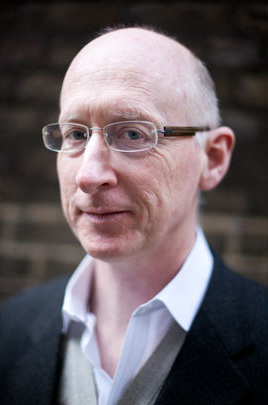
"There was a group of us, he recalls. "My partner Sharon Reed [now co-CEO], and two others, we were all sat around putting the world to rights, complaining about how we were treated at work, one Sunday night in November 1985."
So far, so normal. We all like to have a rant when we've had a few. Then the idea came up of starting their own business, using computers to make moving images.
Sign up to Creative Bloq's daily newsletter, which brings you the latest news and inspiration from the worlds of art, design and technology.
For most of us, such "yeah, let's do it!" conversations soon fade into nothing once the wine has worn off. But Sargent took the basic idea and ran with it.
Can-do attitude
Within weeks he'd done most of the running in drawing up a plan, and set off looking for finance ("I was the one who was freelance, so I had more flexibility with my time," he explains). The company was up and running in a matter of months - a testament to the 'can do' attitude Sargent exudes to this day.
"One of the things that appeals to me is blank sheets of paper," he explains. "Things that haven't been done before, where there aren't any rules."
And that was certainly the case with Framestore. While others were experimenting, Sargent and his pals were among the first to focus an entire business around making images move digitally.
Digital to the core
"We had the first piece of equipment from Quantel, which was actually called The Framestore, hence the name of our company," he recalls. "So we were the first to pin our colours so to speak.
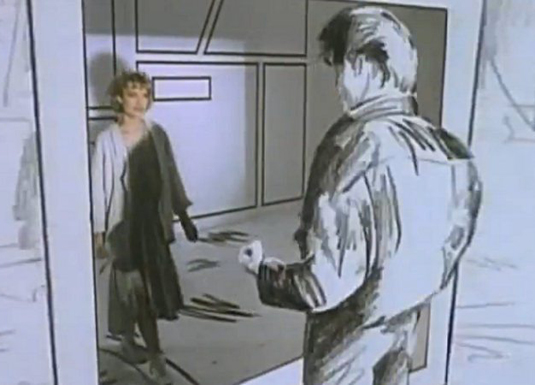
"The other people buying the equipment were existing players, for whom it wasn't the core business - it was just a new service that they were thinking about. But for us it was the core, and it had to work."
And being in London during the 1980s proved excellent timing. "At that point, Britain was the creative leader in the world of advertising," Sargent recalls. "The UK agencies were becoming global players and they were winning all the awards."
Challenging work
This was great news for the nascent Framestore. "The advertising agencies' supply chain, which included us, got the most difficult and challenging work," he explains. "So it was a vibrant place to be."
As well as commercials, Framestore got involved in making pop promos for bands like Dire Straits and A-ha. "In those days that was the artform that was the most interesting. It had big budgets, and you could do cool stuff," Sargent smiles.
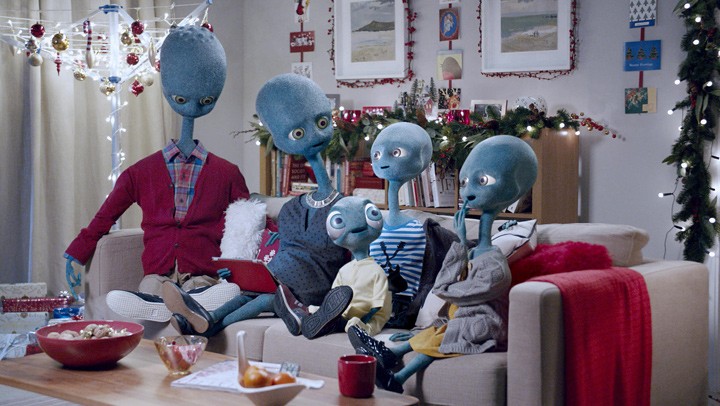
It's no surprise, he adds, that most of the big-name British directors of recent times came from either pop videos or advertising during that era. "The Alan Parkers and the Ridley Scotts, they were all advertising people," he says. "The following generation, the Michael Bays and the Working Titles, they came out of pop promos." And Framestore itself moved into film in 1994.
Fast-forward to 2014 and, while the company continues to do award-winning work in advertising - including the blue Argos Aliens that dominated UK commercial breaks this Christmas - nowadays it's best known for its special effects work on movies. From Narnia to Nanny McPhee, Batman to Superman, its list of credits is as long as your arm.
Parallel career
Such success would satisfy most people - but as we've begun to establish, William Sargent isn't most people. So at the same time as Framestore was becoming a global giant, he did just about the most unexpected thing you could think of: he took on a parallel career as a high-ranking civil servant.
Long active in the industry's trade associations, Sargent was asked to chair the Small Business Council in 2000. This eventually led to a series of roles at the Treasury between 2005 and 2010, including four years as Permanent Secretary, Regulatory Reform. He reported to the Cabinet Office and the Prime Minister, and was knighted in 2008 - making him Sir William.
Emotional connection
His government work alone would make a fascinating article - but this is Creative Bloq, so let's get back to the movie making. When asked for his highlights at Framestore, Sargent's answer is, you've guessed it, unexpected.
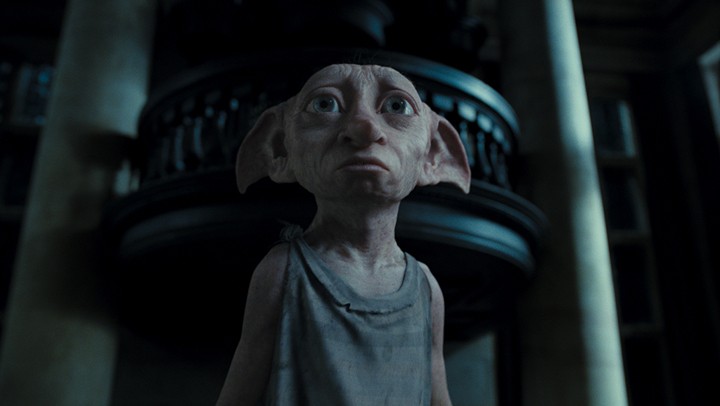
Rather than namecheck one of the big-budget blockbusters the company worked on - bringing to life Dobby the house elf in Harry Potter, or Aslan in the Narnia movies, say - he picks the scene in Notting Hill when Hugh Grant walks through the market and goes through the four seasons.
"People don't usually think of it as a visual effect," he adds. "But it's a very subtle and beautiful scene that to this day is one of my all-time favourites. Photorealism is something we're very good at and that scene is a very fine exponent of that particular aspect of visual effects that's just seamless and real.
"The baby in Children of Men, and Gravity as a whole, are other favourites for similar reasons," he adds. "These sequences are all beautiful, touching, seamless - and so they're ones I'm very proud of."
The vision thing
In short, then, it's not technical wizardry for its own sake that excites Sargent, but what you do with it in terms of emotion and storytelling. Back to Gravity: "The innovation in that film isn't just about the technology. Part of it is thinking through the filmmaking process, giving the constrictions of budget and time and so forth. So it's about the director, the studio and ourselves all being part of a team, all trying to solve the same issues and having the same vision.
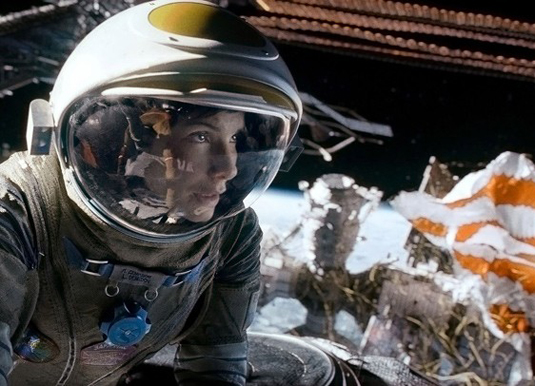
"So part of the engineering is reengineering the film-making process. A lot of it has to do with mindsets and ways of working. Being clear in your own mind as a leader and then in turn spreading it around."
As a leader, he says, a big part of his job to keep people passionate about what they're creating. "People work very hard in our business," he explains. "At Framestore, there's never a lack of commitment. but there is exhaustion. And if you're moving the same image around the screen for six months it can be tough."
Bringing out the passion
So how does he motivate staff? "Part of it is ensuring they have an environment and a structure, that they get up from the desk and walk around, and that they have time off and make sure they enjoy their weekends," he replies. "And part of it is remaining passionate about a project yourself, so you pass on that passion."
Luckily, that last part's not a huge problem, as he does love his job. "There is a constant flow of problems and issues, but that comes with the territory," he says. "Overall, I'm very lucky to be working with an amazing bunch of people in an industry where we're very privileged as a community. We all get to do things that fundamentally satisfy our souls."
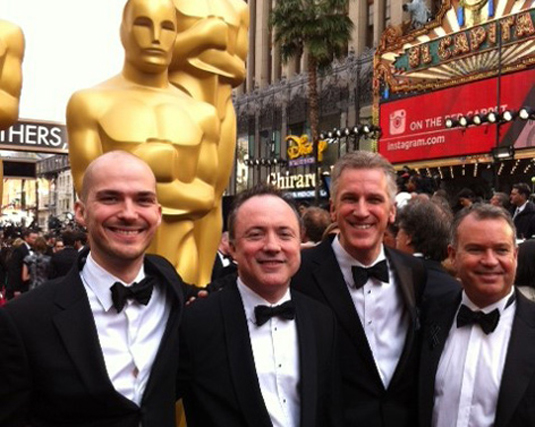
Which explains why Sargent wasn't at the Oscars last week with his colleagues to accept their Best Visual Effects Oscar for Gravity. Because although he's pleased the company wins awards for its work - "especially for the team, because they put their heart and soul into it", he's much more interested in doing more of it than sitting around basking in past glories.
"The award is normally given out six to 12 months after you've delivered the thing," he points out. "But I'm focused on what we're delivering next year. And for me it's an important psychological state, to be focused on the future and not the past. For me what's important is not what I've done, but what am I doing next?"
Win a trip to Los Angeles!
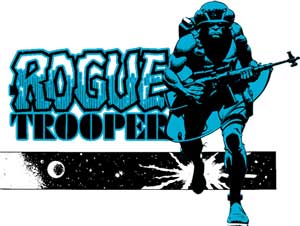
Masters of CG is a competition for EU residents that offers the one-in-a-lifetime chance to work with one of 2000AD's most iconic characters: Rogue Trooper.
We invite you to form a team (of up to four participants) and tackle as many of our four categories as you wish - Title Sequence, Main Shots, Film Poster or Idents. For full details of how to enter and to get your Competition Information Pack, head to the Masters of CG website now.
Enter the competition today!

The Creative Bloq team is made up of a group of art and design enthusiasts, and has changed and evolved since Creative Bloq began back in 2012. The current website team consists of eight full-time members of staff: Editor Georgia Coggan, Deputy Editor Rosie Hilder, Ecommerce Editor Beren Neale, Senior News Editor Daniel Piper, Editor, Digital Art and 3D Ian Dean, Tech Reviews Editor Erlingur Einarsson, Ecommerce Writer Beth Nicholls and Staff Writer Natalie Fear, as well as a roster of freelancers from around the world. The ImagineFX magazine team also pitch in, ensuring that content from leading digital art publication ImagineFX is represented on Creative Bloq.
